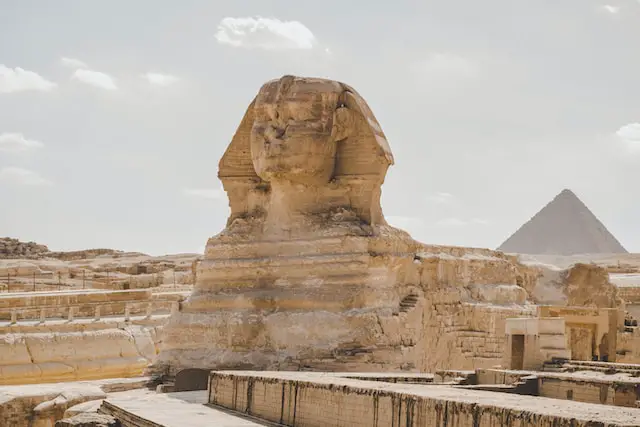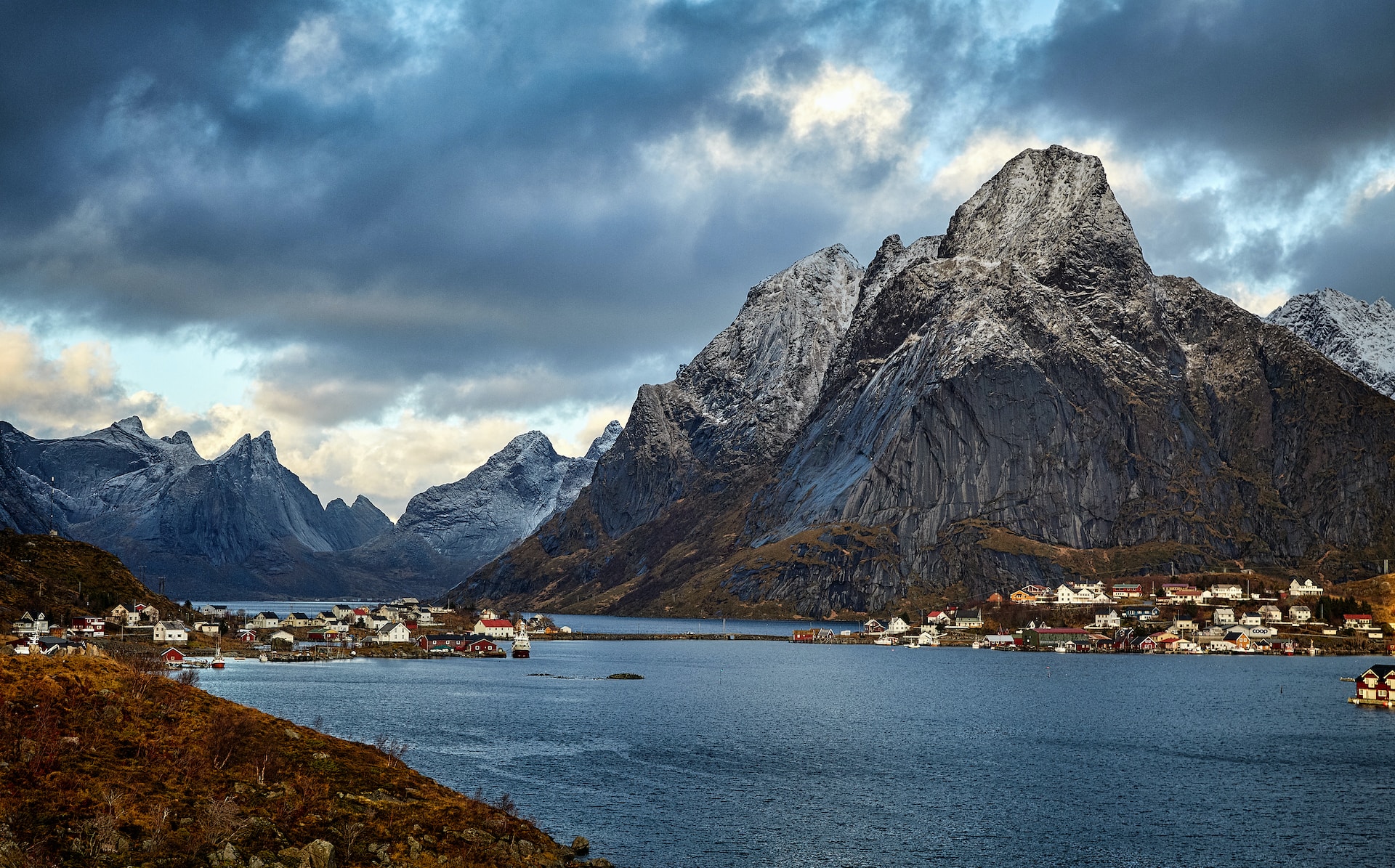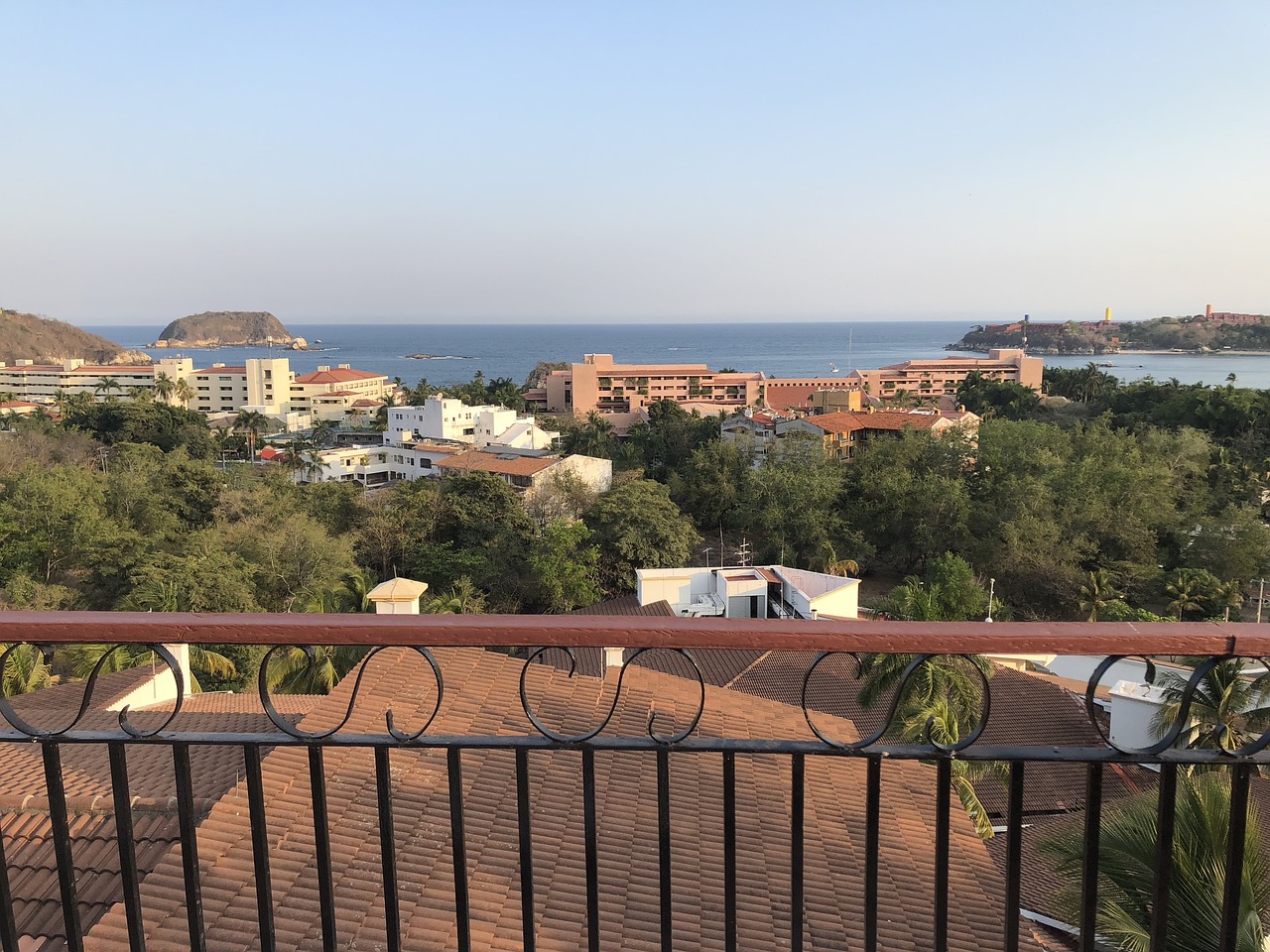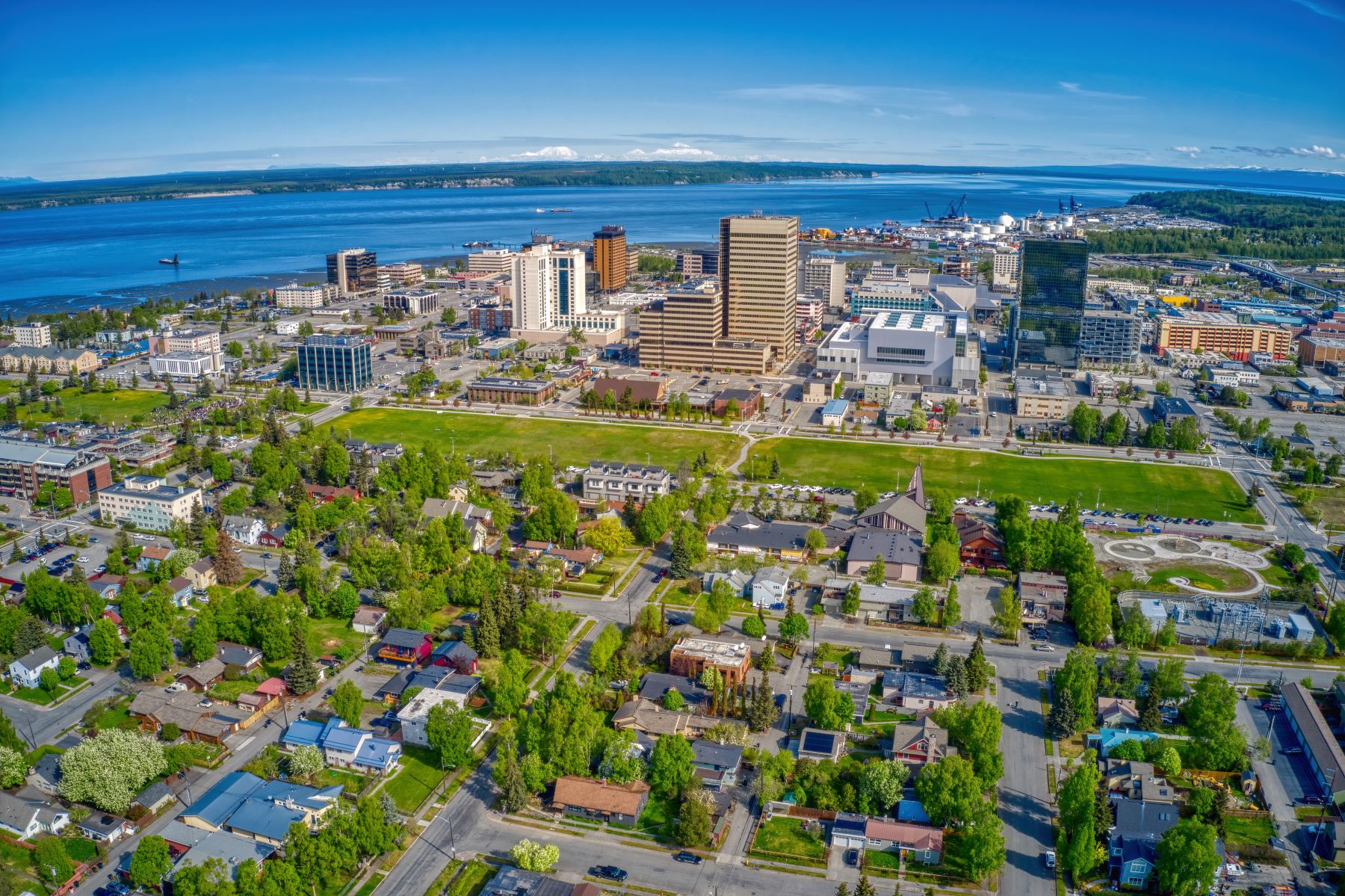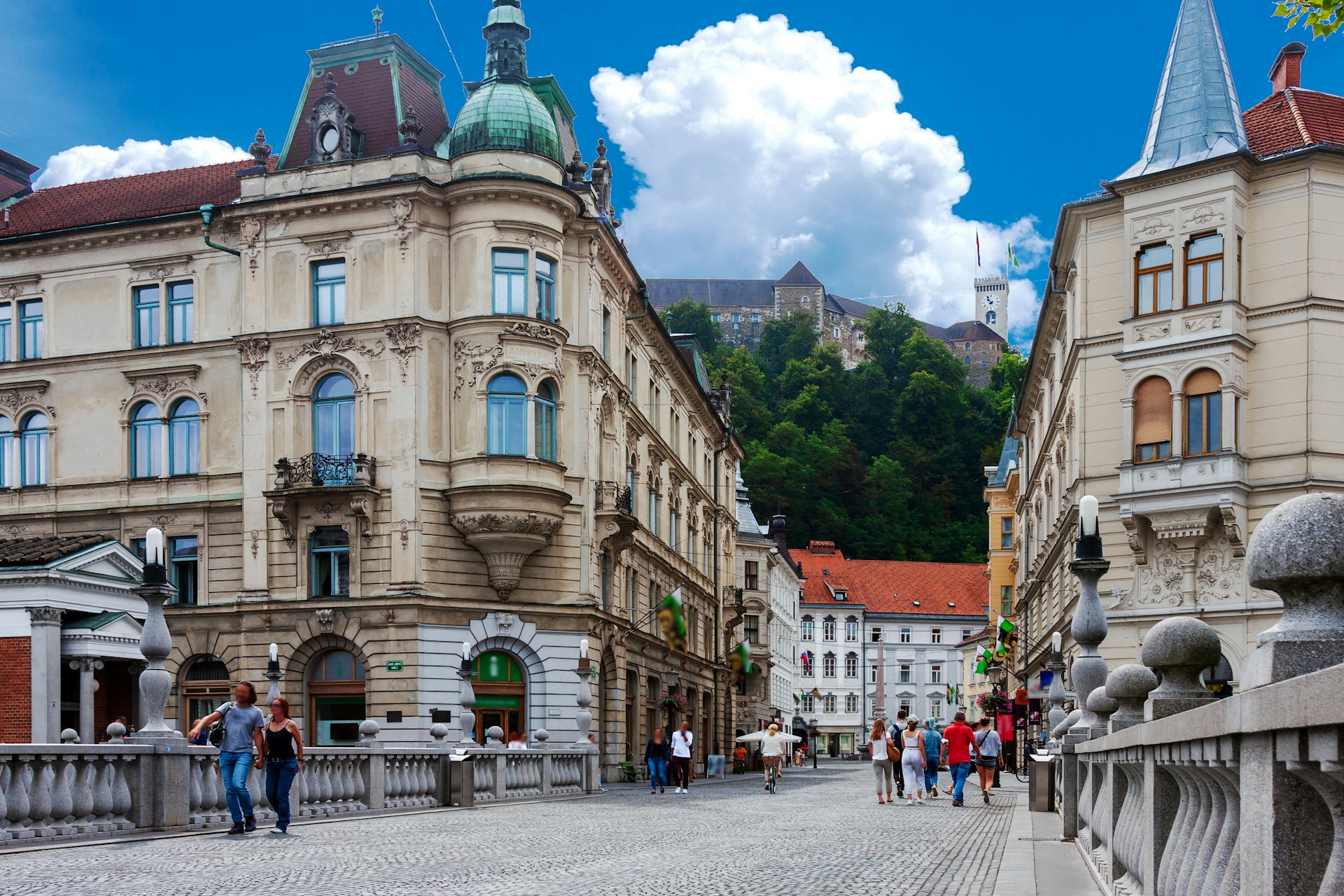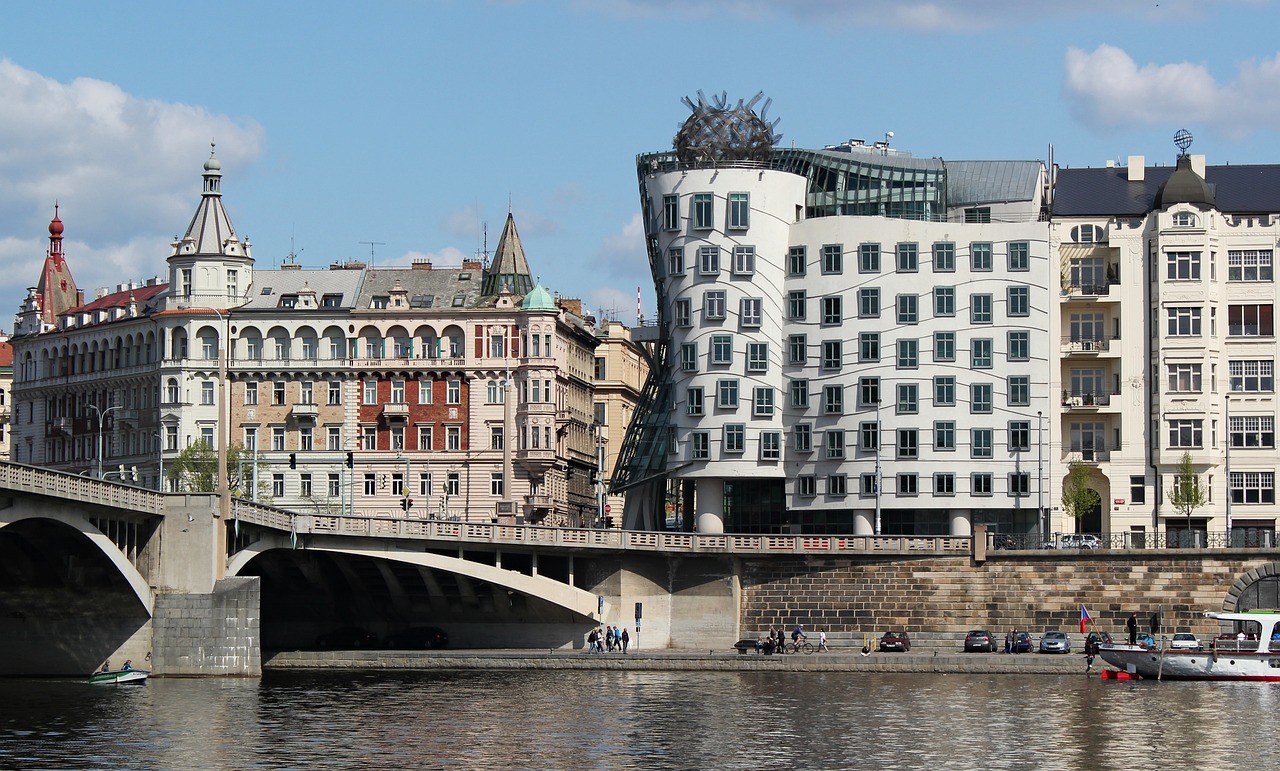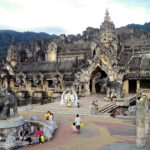Located in the northeast corner of Africa, Egypt is a land steeped in history, mythology, and culture. It is a country that bridges the divide between Africa and the Middle East, with a rich legacy that harks back to one of the world’s earliest and greatest civilizations. Covering an area of about 1 million square kilometers and home to over 100 million people, Egypt is the third most populous country in Africa and the most populous in the Middle East.
Geographically, Egypt is characterized by its vast expanses of desert, interrupted by the life-giving waters of the Nile River, the longest river in the world. Flowing northwards from the highlands of East Africa, the Nile culminates in the fertile Nile Delta before emptying into the Mediterranean Sea. This river has been the lifeblood of Egypt since antiquity, providing water for irrigation and acting as the primary transportation route for people and goods.
The story of Egypt is the story of the Nile. The ancient Egyptian civilization, which dates back to 3100 BC, developed along the banks of this river. This civilization, considered one of the six cradles of civilization globally, made significant advances in writing, architecture, and technology that profoundly influenced human history.
This rich history is visible across Egypt, most notably in the form of its monumental architecture. The Pyramids of Giza, the last of the Seven Wonders of the Ancient World, are a testament to the architectural genius of ancient Egyptians. Nearby, the Sphinx, with its lion’s body and human head, guards these tombs with an air of mystery and intrigue. Moving further up the Nile, the temples at Luxor and Karnak, with their ornate carvings and colossal pillars, showcase the religious fervor of these ancient people.
Another monumental aspect of ancient Egyptian culture is its system of writing – hieroglyphics. This pictorial script, etched on stone tablets and papyrus scrolls, provided us with valuable insights into the civilization’s social, political, and religious structures. The Rosetta Stone, discovered in 1799, was instrumental in deciphering this enigmatic script, offering a new perspective on Egypt’s ancient history.
Despite the emphasis on its past, modern Egypt is a nation on the move. Its capital, Cairo, is a bustling metropolis, home to over 20 million people. This city is a fusion of the old and the new, where minarets and domes share the skyline with high-rise buildings. The Cairo Opera House, the leading music center in the Arab world, and the Bibliotheca Alexandrina, a nod to the ancient Library of Alexandria, underscore Egypt’s cultural dynamism.
Egypt’s economy, the second largest in Africa after Nigeria, is a complex mix of private and public enterprises. The Suez Canal, an artificial sea-level waterway connecting the Mediterranean Sea to the Red Sea, is a significant source of revenue. Agriculture, mainly centered around the Nile, and natural resources, such as petroleum and natural gas, also contribute substantially to the economy.
Egyptian cuisine reflects its rich cultural heritage and its position as a crossroads between Africa, the Middle East, and the Mediterranean. Staples include ful medames (cooked fava beans), kushari (a mixture of lentils, rice, pasta, and tomato sauce), and shawarma. Additionally, Egyptian cuisine showcases an array of delectable sweets, like baklava and basbousa.
In terms of faith, Egypt has played a critical role in the formation and development of major religions. Ancient Egyptians were polytheistic, with a pantheon that included gods such as Ra, Isis, and Osiris. Later, with the advent of Christianity, Egypt became a center for Christian scholarship. Today, most Egyptians are Muslims, practicing Sunni Islam, although a significant Christian minority, mainly composed of Copts, continues to exist. The presence of ancient Jewish synagogues, Christian churches, and Islamic mosques in Egypt underlines the country’s religious diversity and historical importance to these faiths. The city of Alexandria, in particular, stands out as a historic hub of religious and philosophical thought.
Egyptian society is rooted in its traditions, yet it is undergoing significant changes. Education is compulsory from ages 6 to 15, with the government making considerable efforts to improve literacy rates and access to education. Despite facing challenges such as population growth and economic disparity, Egypt shows resilience and an enduring spirit of optimism.
Egyptian arts and culture have a broad reach and profound impact. Egypt’s film industry, based in Cairo, is one of the oldest and largest in the world, earning the city the nickname “Hollywood of the East.” Egyptian literature has also been internationally recognized, with Naguib Mahfouz winning the Nobel Prize in Literature in 1988. The country’s music ranges from traditional Arabic music to contemporary genres, with Umm Kulthum, known as the Star of the East, remaining one of the most famous Arabic singers to this day.
Despite its vast deserts, Egypt is also home to a diverse array of wildlife. The Nile provides a vital ecosystem for various species, while the deserts and the Red Sea coasts are home to an array of unique flora and fauna. Egypt’s national parks, such as Ras Muhammad National Park, aim to protect and preserve these natural wonders.
In the sphere of sports, football is the most popular in Egypt, with the country frequently participating in the African Cup of Nations and the World Cup. Notably, Egypt has produced top football players who have made their mark on the international stage, such as Mohamed Salah.
With its millennia-old history, Egypt has been a center for archaeological research. Excavations continue to unearth significant findings, shedding light on the enigmatic world of pharaohs, pyramid builders, and ancient scribes. Egypt’s Supreme Council of Antiquities oversees this crucial work, balancing archaeological exploration with the preservation of its innumerable historical sites.
Tourism is a vital part of Egypt’s economy, attracting millions of visitors drawn to its historic sites, bustling cities, and beautiful Red Sea coastline. Despite challenges, Egypt continues to improve its tourism infrastructure and promote responsible tourism to safeguard its rich heritage.
In contemporary politics, Egypt plays a significant role regionally and internationally. As a founding member of the Arab League and the United Nations, Egypt has often been at the forefront of mediating conflicts in the Middle East and advocating for development in Africa.
In conclusion, Egypt is a fascinating tapestry of ancient history and modern dynamism. It is a place where past and present exist side by side, from the magnificent pyramids to the vibrant streets of Cairo. Through its struggles and triumphs, Egypt continues to shape its destiny, remaining a significant player on the world stage. This enduring civilization, which has contributed immensely to human history and culture, continues to intrigue and inspire people worldwide, truly living up to its nickname, “the Gift of the Nile.”
